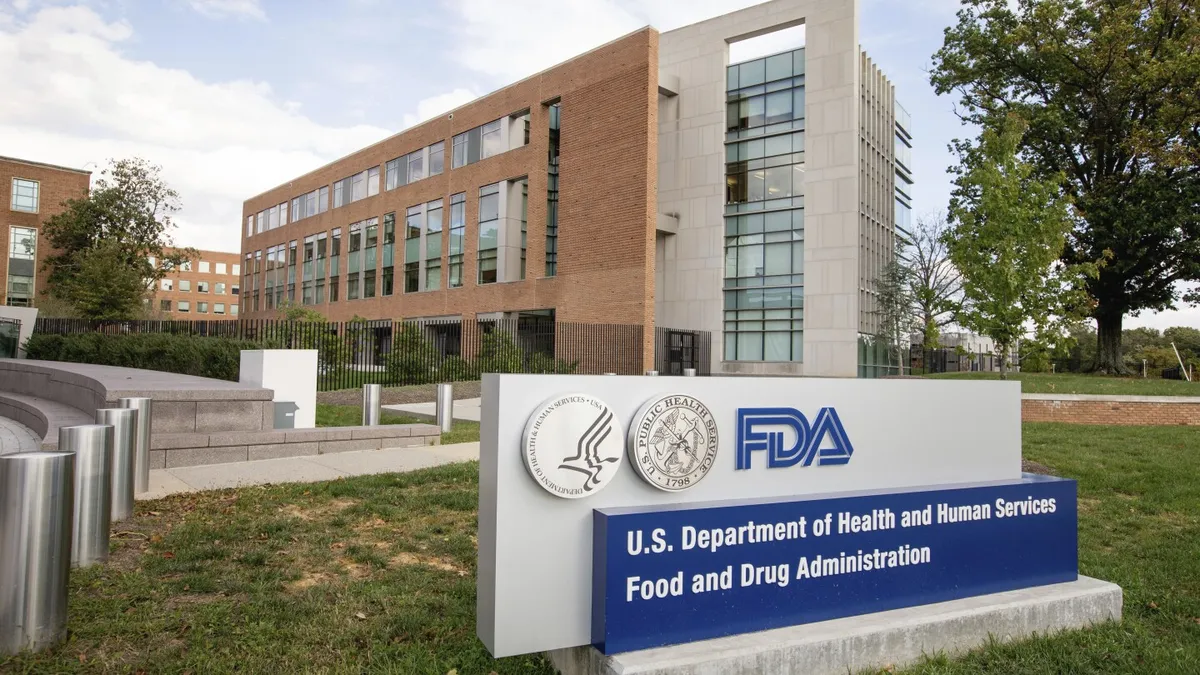
Late Friday, the U.S. Food and Drug Administration (FDA) granted approval for a new COVID-19 vaccine developed by Moderna, named mNexspike. This new vaccine is not intended to replace the existing Spikevax vaccine but serves as a second option for specific populations. This development marks a significant stride towards next-generation coronavirus vaccines, highlighting an innovative approach to vaccine formulation.
The newly approved mNexspike vaccine is designed to be administered in a lower dosage—specifically, just one-fifth of the dose used in the current Spikevax vaccine. This refinement allows for an effective immune response while minimizing the amount of vaccine needed per dose. According to Stephane Bancel, Moderna’s CEO, this approval “adds an important new tool to help protect people at high risk of severe disease from COVID-19.”
As part of the FDA's approval process, the mNexspike vaccine has been authorized for use among certain demographics. Specifically, it is available for all adults aged 65 and older, as well as for individuals between the ages of 12 and 64 who have at least one underlying health condition that increases their risk of severe outcomes from the virus. These eligibility criteria mirror those set for another COVID-19 vaccine by competitor Novavax, indicating a cautious approach by the FDA.
This conditional approval of the mNexspike vaccine represents a shift in how the U.S. government has previously handled COVID-19 vaccine approvals. Reflecting a growing skepticism regarding vaccines from figures such as Health Secretary Robert F. Kennedy Jr. and other officials from the Trump administration, the FDA's new restrictions underscore the complexities surrounding public health policy.
Unlike the Spikevax vaccine, which has been broadly available for individuals aged 6 months and older without restrictions, the introduction of mNexspike introduces a layer of specificity to vaccine distribution. Moderna has indicated that both options will be available to the public this fall, offering flexibility in vaccination strategies.
The FDA's decision to approve the mNexspike vaccine was informed by a comprehensive study involving 11,400 participants aged 12 and older. This research compared the new low-dose vaccine with the existing Spikevax and demonstrated that the new vaccine is not only safe but also at least as effective, with some measures showing improved efficacy over the original formulation.
The announcement of the mNexspike vaccine comes just days after the Trump administration canceled funding aimed at developing a vaccine to combat potential pandemic flu viruses, including H5N1 bird flu, despite initial promising results from early studies. This decision highlights the ongoing challenges in vaccine development and public health funding.
The Associated Press Health and Science Department, supported by the Howard Hughes Medical Institute’s Science and Educational Media Group and the Robert Wood Johnson Foundation, remains dedicated to providing reliable news and updates on health-related topics, including the latest advancements in COVID-19 vaccines. The AP is solely responsible for all content reported.